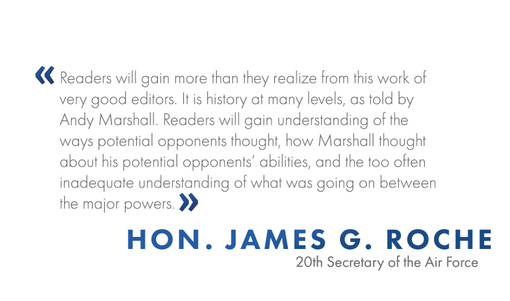May 2, 2023
Princeton University Press
Contributions by John Bew, Lawrence Freedman, Walter Russell Mead, Toshi Yoshihara, Matthew Kroenig, Hew Strachan, Antulio Echevarria, John H. Maurer, Michael Cotey Morgan, James Lacey, Eric Helleiner, Jonathan Kirshner, Iskander Rehman, Matt J. Schumann, Michael V. Leggiere, Charles Edel, Francis J. Gavin, Wayne Wei-Siang Hsieh, Sarah C. M. Paine, Priya Satia, Margaret MacMillan, Williamson Murray, Robert Kagan, Tami Biddle, Brendan Simms, Daniel Marston, Guy Laron, Tanvi Madan, Sergey Radchenko, Thomas G. Mahnken, Christopher J. Griffin, Dmitry Adamsky, Carter Malkasian, Ahmed S. Hashim, Elizabeth Economy, Seth G. Jones, Sue Mi Terry, Jason K. Stearns, Joshua Rovner, Thomas Rid, John Lewis Gaddis, Eric Edelman, Andrew Ehrhardt, Mark Moyar
“The New Makers of Modern Strategy is the next generation of the definitive work on strategy and the key figures who have shaped the theory and practice of war and statecraft throughout the centuries. Featuring entirely new entries by a who’s who of world-class scholars, this new edition provides global, comparative perspectives on strategic thought from antiquity to today, surveying both classical and current themes of strategy while devoting greater attention to the Cold War and post-9/11 eras. The contributors evaluate the timeless requirements of effective strategy while tracing the revolutionary changes that challenge the makers of strategy in the contemporary world. Amid intensifying global disorder, the study of strategy and its history has never been more relevant. The New Makers of Modern Strategy draws vital lessons from history’s most influential strategists, from Thucydides and Sun Zi to Clausewitz, Napoleon, Churchill, Mao, Ben-Gurion, Andrew Marshall, Xi Jinping, and Qassem Soleimani.”

